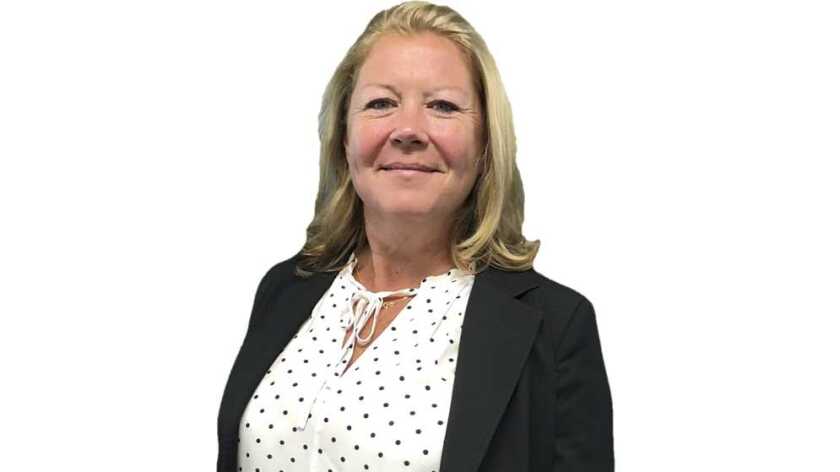Over the coming two years, the company will be developing its access proposition across four key business districts: Liverpool, Birmingham, Manchester and London. The first, Liverpool, is on its way very soon, with a major UK customer already signed up.
In the past year, the carrier’s Project Edge expansion initiative saw it unbundle hundreds of BT exchanges, bringing high-capacity connectivity of up to 100Gbps within reach of 750,000 business postcodes across the UK. The aim is to provide customers with more cost-effective and comprehensive services, paving the way for them to thrive in the digital age.
In the next phase of its network development, the company is bringing direct connections to customers by investing in a full-fibre last-mile rollout across four key UK business districts. These so-called “metro access networks” will mean that Neos no longer needs to rely on third-party connectivity for the last mile in those locations, instead giving it the ability to respond to the needs of regional businesses faster and at lower costs by offering direct access to its national high-capacity network.
This latest investment will also provide better choice and connectivity for national companies looking to further integrate their regional centres.
Ready for launch
The initial metro access network is due to debut in Liverpool in the coming months, with further launches planned in Birmingham and Manchester later in the year, and the city of London to follow in 2023. The first three of these will bring fibre connectivity within reach of almost 10,000 locally based businesses, while the London network will reach a further 23,000 businesses.
Meanwhile, Neos already has a major customer lined up for its first metro access network, Jisc, a non-profit body that supplies digital infrastructure to the UK higher- education sector. This forms part of a recent partnership with Jisc, which will also see Neos deliver a new dark fibre network for the organisation across the north-west – providing gigabit capabilities to all sites covered, with some seeing a tenfold increase in speeds.
Such a partnership is in line with the increased requirement for digital education. It also helps underpin the “smartening” of cities as this starts to become a reality with the advent of 5G and IoT, says Sarah Mills, managing director for wholesale and smart infrastructure at Neos Networks. “We’re bringing this network closer to metro areas for the public sector to realise their smart city visions and their digital ambitions,” she says.
And the partnership with Jisc helps boost that organisation’s initiative to upgrade its infrastructure, including in areas that were previously cost-prohibitive, says Mills. “We’re really helping to facilitate that… it was a win-win scenario.”
There’s a lot more demand for access to the network from enterprises and private sector businesses too, due to the promise it brings for fulfilling digital needs on a more cost-effective scale, adds Mills. “We are experiencing significant demand from the market, who are excited to be able to access a high-quality, high-capacity network easily and affordably. We have a significant opportunity to deliver to the market, to other service providers, and even other telcos or carriers where they’re still busy trying to raise capex facilities for build extension.”
‘Premier’ provider
All of Neos’s moves are together aimed at bringing the company closer to the customer and positioning it as a “premier B2B provider” that can offer maximum reach to businesses, says Mills. “We want to offer an alternative to the business market from the incumbent providers. The idea is for us to bring the network closer to those businesses and also closer to the service providers that are servicing them.”
Neos offers connectivity services via its UK-wide 34,000km network, providing a range of products such as WAN, Ethernet, optical, business internet and dark fibre services to customers including wholesalers, network operators, ISPs, enterprises and public sector organisations.
Moving forward, Neos plans to add metro access networks in other UK cities, although these are not yet announced – and the idea is to go where the demand is rather than overbuilding. “We’ve invested in a really strong methodology analysing where the competition is, what the demand is, and the propensity for high-capacity services,” says Mills.
Meanwhile, she points to the company having a robust track record for those that want to partner – with its ability to offer resilient and reliable services backed up by its reputation for delivering critical national infrastructure in the public sector, and work with sectors including energy, oil and gas, and marine coastguard services.
And the company is ready to forge ahead as a high-quality provider into the future, says Mills, fulfilling a real need in the country for improved connectivity for the digital age. “We are known as a critical national infrastructure provider, and we have that heritage and that pedigree,” she says. “Our primary focus is on bringing better connectivity to the UK.”





